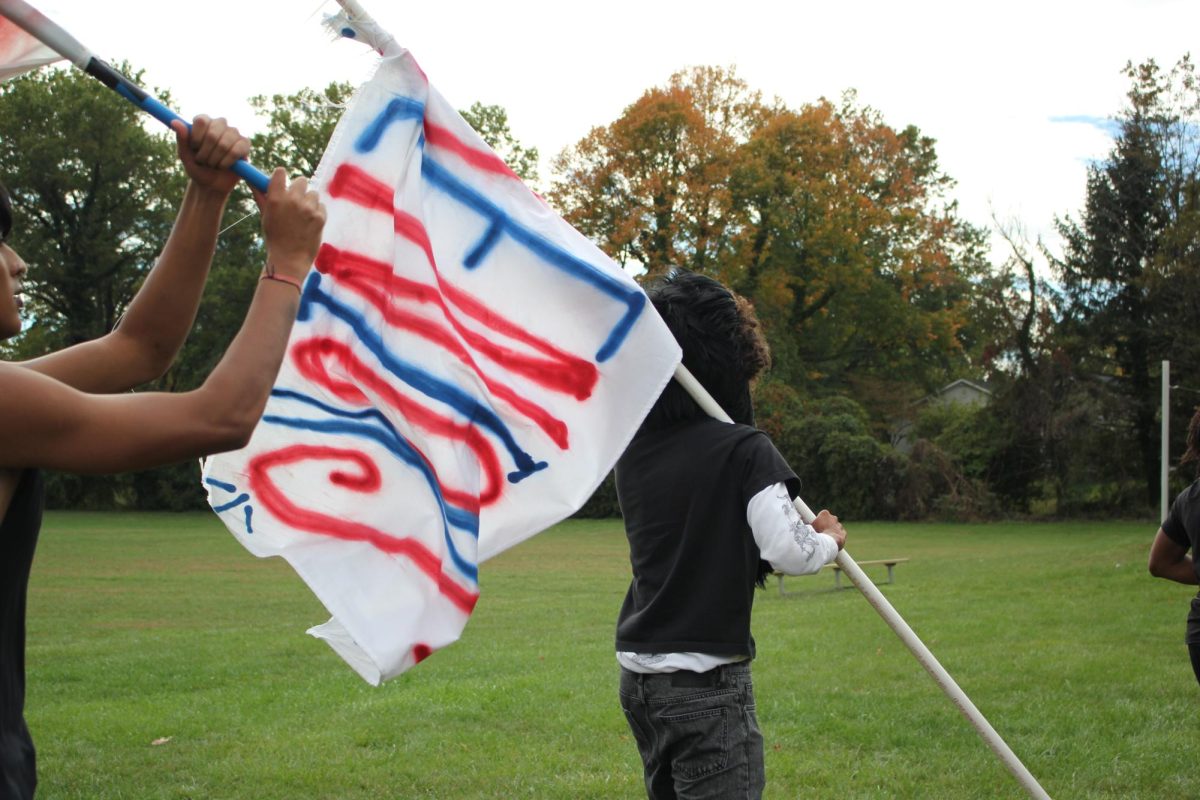The MFS Winter play, To Kill a Mockingbird, made waves during showtimes last week with the controversial decision to keep the n-word in the script.
“To Kill a Mockingbird,” director Angela Wertner’s second production at MFS, introduced the recurring controversy over what is appropriate for school settings. This specifically addressed whether or not to censor the language used in the famous book, with the main focus on the n-word. Acknowledging the fact that using the n-word in the play would be a decision with an impact school-wide, Wertner started off the play process with the objective aimed to “keep the integrity of Harper Lee’s story.” She contacted administrators including Mr. Brandon, Mr. Kimberly, and Mrs.Washington, with the hope of keeping the language intact. Wertner says, “In that time it was such a commonly used phrase…and kept sort of in the context of the play the heightened feel of angst and tension, by eliminating it it would soften the message.” However, Wertner stayed open to the idea of altering the script accordingly during the decision process.
When contacted by Wertner, Mr. Brandon was immediately intrigued by the idea. Describing his initial reaction, he said, “I thought that a) it was good that she contacted me, and b) that the word or language should stay in the play.” Already leaning towards maintaining the language in the play, Brandon talked to multiple teachers and administrators in order to make a fully informed final decision. “We talked to Mrs. Washington, and then Ms. Stutz chimed in, and a couple other middle school teachers,” Brandon said.
The book To Kill a Mockingbird is also part of the MFS eighth grade English curriculum, and the topic of language has come up in the classroom. MFS English teacher Katie Stutz has encountered this issue when teaching the book, and makes sure to have class discussions regarding the use of the n-word, specifically. “I inform the students about the historical context of the novel, the common usage of the word during that time, and the authenticity that Harper Lee hoped to attain” said Stutz. She also addresses the importance of how usage of the word has changed over the decades, and how it impacts the reader’s perspective. Karen Washington, who previously taught 8th grade English, was also involved in the decision. “The question came up about the use of the n-word in the play, and we talked about the authenticity, but the main focus was about making sure she had a conversation with the cast,” Washington said. While these discussions may be uncomfortable, they are important to have.
The decision-making process focused on the current influence in the middle school, due to the fact that there are multiple books that are already part of the curriculum that deal with the language in question. In addition, the administration felt that it was important to credit the discussions that were already happening in the middle school because of these books, and continue these discussions on a larger basis.
With the approval of the administration, Wertner brought the message to the actors themselves. “At first it was really tricky, like allowing kids to curse in a classroom, not that it was uncomfortable. We had a talk about it.” In addition, Wertner made an announcement before the beginning of each play, addressing the fact that the language was kept authentic to the book in order to maintain essence of the play itself. Overall, the decision was based heavily on the belief that changing the language would negatively impact the integrity of the play, and chose to stick with Harper Lee’s original writing.









